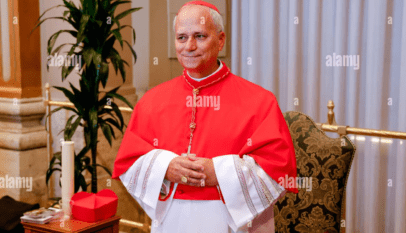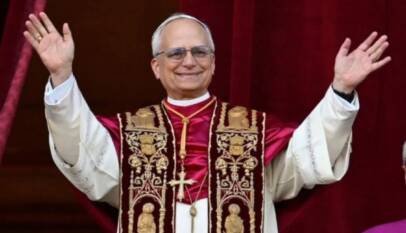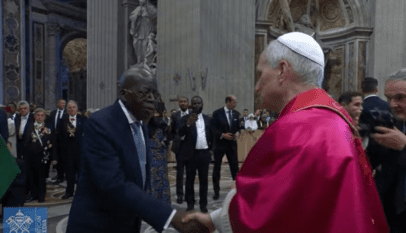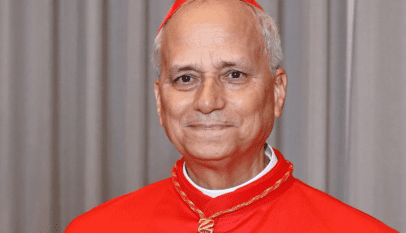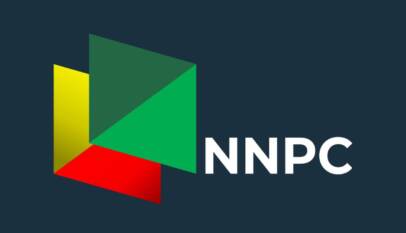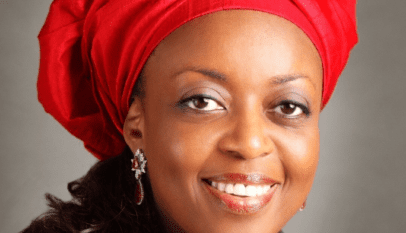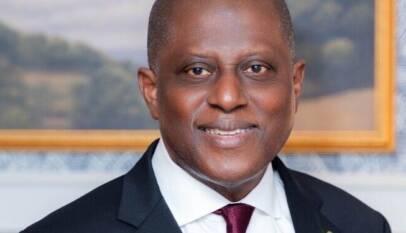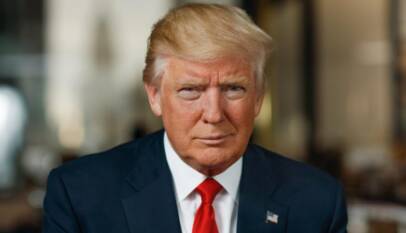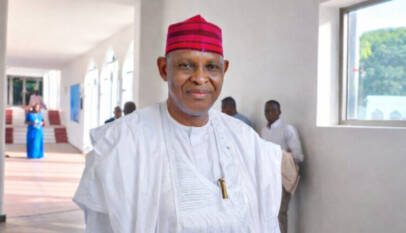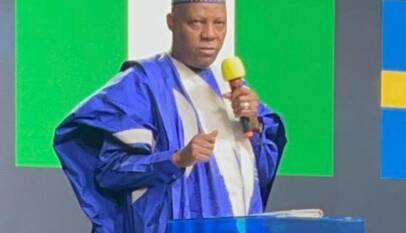No one saw him coming. Not even the bookmakers in Rome who live for the spectacle of a conclave. An American Cardinal, made only in 2023, now seated on the Throne of Peter as Pope Leo XIV. It is a name with gravity that stirs the dust of old battles between tradition and modernity, between Rome and the World. And yet, it is a name chosen by a man who barely speaks English in public, who carries a heart shaped by Augustine and a mind sharpened by Canon Law.
The world is startled. But America, most of all, is split between awe and unease.
A strange polarity now exists in the American imagination. On one side, Donald Trump, bombastic and fiercely nationalistic, who is gearing up for another political resurgence. On the other hand, Pope Leo XIV, an American by birth but ecclesiastically post-national, global in breadth, Augustinian in depth. This is not merely a contrast in temperament. It is a clash of visions, two lions roaring in very different languages.
The Shock and the Symbol
That Leo XIV would speak in Latin, Italian, and Spanish, but not English, in his first urbi et orbi blessing is not an oversight. It is a statement. He has chosen not to pander to the powerful tongue of his homeland, perhaps to remind the Church and the world that his loyalties lie elsewhere, above national politics, beyond partisan loyalties.
And then the name: Leo. The last Pope Leo, the thirteenth, was a lion against modernism, a fierce doctrinal sentinel. This one, the fourteenth, seems no less intentional. In an age of relativism and techno-paganism, perhaps he comes not as a reformer but as a restorer. His background is telling. A scholar of Canon Law. A former prefect of the Dicastery for Bishops. A man of discipline who believes in structure and in the power of the episcopacy to reshape culture, not merely accommodate it.
This is not the American Catholicism of moral majority campaigns or cable news catechisms. This is an American Pope who seems deliberately un-American. And that makes all the difference.
A New Power Axis
The question now is not merely ecclesiastical. It is geopolitical. What happens when the soft power of the Vatican begins to exert a new moral counterweight against the economic and cultural power of Washington? What happens when American Catholics, long fractured between progressive and conservative liturgies of politics, find themselves caught between Trump’s gospel of dominance and Leo’s gospel of reflection?
Leo XIV’s pontificate could become the most subtle challenge yet to the American experiment. Not with policy, but with posture. Already, murmurs in diplomatic circles wonder if his views on climate, migration, capitalism, and war will shift global moral consensus in ways that embarrass American interests.
Could he, for instance, become a quiet but decisive voice in easing global tensions, including tariff wars or the isolationist excesses of populist governments? Could the Church under him take on a more critical role in negotiating peace, even as secular institutions flounder?
More likely, Leo XIV will not speak in headlines. He will speak in documents, in appointments, in silences.
The Augustinian Lion
As an Augustinian, Leo’s vision will likely be steeped in the paradoxes of power and grace, of fallen humanity and divine sovereignty. Do not expect simple slogans. Expect depth. Expect contradiction. Expect a pontificate that meditates more than it marches.
This will not be a Pope of Twitter. It will be a Pope of margins and monasteries, of careful ecclesial renewal, of bishops reformed in quiet rooms. But do not mistake slowness for weakness. His appointment to the Dicastery of Bishops, though short-lived, taught him where the bones of the Church are buried. Now, he can dig them up or cover them over with wisdom.
Trump and the Pope: The Tale of Two Americans
And so we come to the strange providence of this moment. Two Americans standing at the edge of global influence. Trump, with his booming rallies, his cult of personality, and his willingness to bend the truth to fire up the faithful. Leo, with his retreat into mystery, his quiet command, his refusal to flatter. One reflects the American id. The other, its possible soul.
The American Church, and indeed the world, may soon find itself shaped by this dialectic. Not because Leo XIV will seek to rival Trump in power, but because his very existence challenges America’s assumptions about power itself.
What the Future Holds
Will this be the start of a moral realignment for America? Or will Leo XIV be ignored, relegated to spiritual echo chambers while politics roars on? That depends on whether the Church, especially in America, can hear a lion not of this world.
One thing is certain. A Pope has risen from the very empire he now silently critiques. And he is not here to imitate. He is here to remind.


